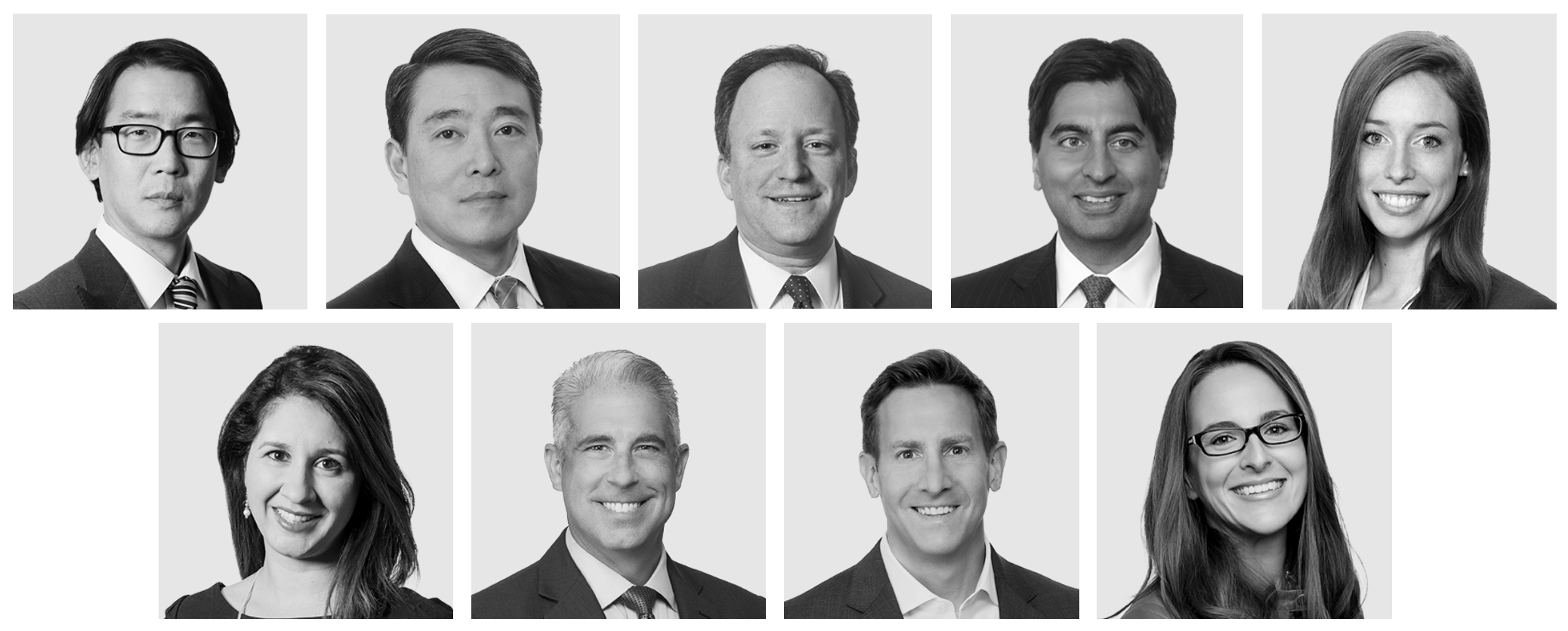by Victor L. Hou, Joon H. Kim, Jonathan S. Kolodner, Rahul Mukhi, Hannah Rogge, Lisa Vicens, David A. Last, Matthew C. Solomon, and Jennifer Kennedy Park.

Top left to right: Victor L. Hou, Joon H. Kim, Jonathan S. Kolodner, Rahul Mukhi, and Hannah Rogge.
Bottom left to right: Lisa Vicens, David A. Last, Matthew C. Solomon, and Jennifer Kennedy Park.
(Photos courtesy of Cleary Gottlieb Steen & Hamilton LLP).
On September 1, 2023, U.S. District Judge Pamela K. Chen of the Eastern District of New York granted a judgment of acquittal in the latest FIFA bribery prosecution, holding that the federal honest services statute, 18 U.S.C. § 1346, does not cover foreign commercial bribery in light of recent Supreme Court precedent.
The decision comes after a jury convicted two defendants of honest services wire fraud and money laundering arising from the U.S. Department of Justice (“DOJ”)’s multi-year pursuit of alleged corruption in FIFA and the international soccer media industry. Judge Chen based her ruling on the Supreme Court’s recent decisions in Ciminelli v. United States and Percoco v. United States, which cabined the reach of honest services mail and wire fraud in domestic corruption prosecutions. Applying the principles articulated by these two decisions—which were issued by the Supreme Court two months after the verdict in the latest FIFA trial—Judge Chen held that honest services did not cover the foreign commercial bribery that was the object of the charged conspiracy. The DOJ may appeal, and U.S. prosecutors may still reach similar conduct under different federal statutes, like the Foreign Corrupt Practices Act (“FCPA”), the federal programs bribery statute, anti-money laundering laws, and the Travel Act, albeit with some limitations. However, the decision continues a trend of U.S. courts rejecting an overly broad reading of federal fraud and corruption statutes.


